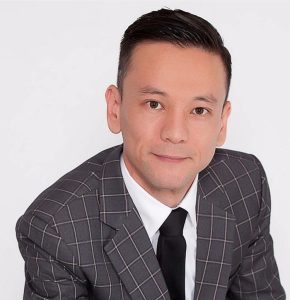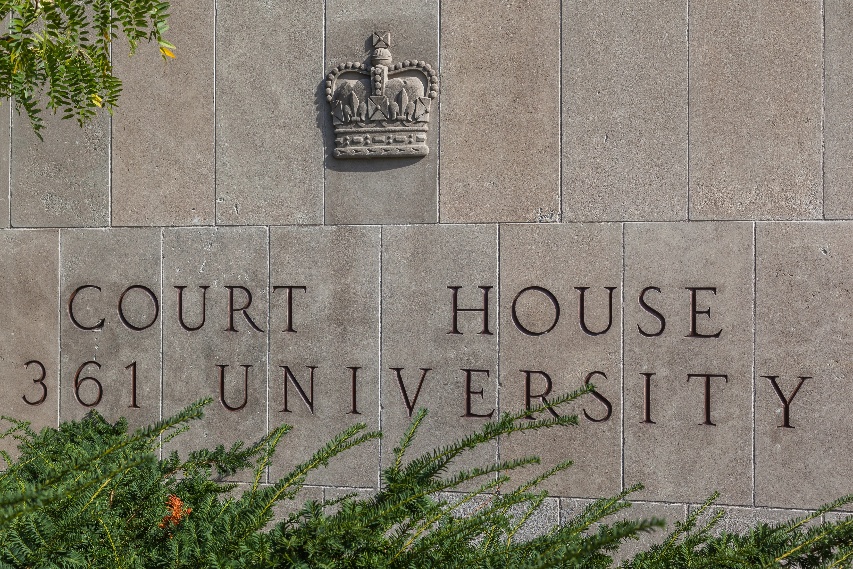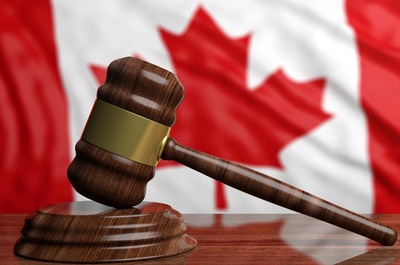Artificial intelligence (AI) is a rapidly evolving technology that has been widely adopted across industries, institutions, and organizations. Police services around the world have started using it for everything from scheduling patrols to predictive policing, which identifies potential crime hotspots, aiming to prevent crime before it happens.
Although AI can make policing more effective and efficient, saving money and time, there are understandable concerns about how this could affect the public. Specifically, criminal lawyers and people in the social justice community are wary of misuse and police overreach.
In this article, a criminal lawyer in Toronto discusses the potential consequences of AI for people who are being investigated or have been arrested and how you can defend yourself if AI evidence is used against you.
What is Artificial Intelligence (AI)?
AI refers to computer systems that do tasks normally requiring human cognitive skills, such as decision-making, reasoning, and problem solving. The chatbots you interact with on websites and the recommendations Netflix sends you are all backed by AI.
How do the Police use AI?
The police use AI in a variety of ways to enhance public safety, conduct investigations, and collect evidence.
Here are the key technologies they use:
Facial Recognition
Police and prosecutors use facial recognition technology to compare people with images of individuals they are trying to find. They can use it for these purposes:
- Identifying suspects by matching surveillance photos with mugshots or photos of known offenders
- Analyzing large numbers of images from social media, surveillance cameras, and other sources.
- Locating missing persons and identifying deceased persons
- Identifying victims of human trafficking
- Fighting terrorism and other threats to the public by monitoring events and scanning for known criminals.
Speech Recognition and Translation
This technology can be used to communicate with people who speak different languages and to clone voices for undercover investigations.
Object Recognition
AI can help police recognize objects such as weapons, vehicles, license plates, or evidence in photos and videos. This can be used to track suspects and locate evidence.
Predictive Policing
AI analyzes historical crime data to spot trends and make predictions about where crimes are likely to happen. They use this information to determine where more patrols are needed. It can also be used to identify individuals or groups who are more likely to commit a crime or to be victimized. Police believe this strategy is more efficient and more objective than relying on instinct and experience. Any criminal lawyer with Toronto experience knows that police instincts can easily lead to false accusations.
Risk Assessment Tools
Courts sometimes use AI models to determine whether a defendant is likely to re-offend. This can affect bail and sentencing decisions.
Digital Evidence Analysis
AI can scan emails, texts, and social media posts to use as evidence in criminal cases.
AI in Policing: Problems and Controversies
Proponents of AI in policing argue that it makes decisions fair and objective, but there are downsides as well. These downsides make it crucial for a criminal lawyer in Toronto to question AI investigations and evidence.
Biased Training Data
AI systems train on past data. In policing, this is particularly problematic when historical arrests and prosecutions are biased against particular groups. Since this has been shown to happen, every criminal lawyer with Toronto clients is concerned that overpoliced groups will be disproportionately targeted.
Facial Recognition Errors
Studies have shown that AI systems are more likely to misidentify non-white people. This can lead to wrongful arrests and prosecutions. A criminal lawyer in Toronto, where much of the population is non-white, needs to be particularly vigilant about this when defending clients.
Predictive Policing Creates a Self-Fulfilling Prophesy
Overpoliced areas have higher crime rates partly because there are more police there to conduct traffic stops and patrol neighbourhoods. Since predictive policing is based on historical data, it will indicate that previously overpoliced areas should continue to be overpoliced. This creates a cycle that never ends.
Flawed Risk Assessment
Risk assessments use AI to predict if someone will re-offend. These systems have been shown to overestimate the risk that black people will re-offend.
Privacy Concerns
AI systems collect enormous amounts of personal data, leading to concerns about privacy, excessive surveillance, unwarranted searches, and police overreach in general.
How a Criminal Lawyer in Toronto Defend You
If AI was used in your case, a skilled criminal lawyer in Toronto can challenge its role in several ways:
Mistaken Identity & AI Bias
The criminal lawyer for your Toronto case can bring in arguments and evidence that facial recognition has been shown to be biased and that you could have been incorrectly identified.
Unlawful Search and Seizure
If the police used AI-powered tools without proper authorization, your criminal lawyer in Toronto could argue that the evidence should be excluded because it violates your rights under the Canadian Charter of Rights and Freedoms.
Violation of Section 7 of the Charter of Rights and Freedoms
A reputable criminal lawyer in Toronto could argue that the use of AI violated the fundamental justice guaranteed in the Charter. AI-generated evidence is often referred to as “black-box decision making” because the process it uses to make decisions is not transparent and sometimes not even explainable. Criminal defendants have the right to understand the evidence against them so they can mount a robust defence. AI-generated evidence makes this virtually impossible.
Integrity of Evidence
AI pulls data from a wide range of sources. If those sources are unreliable or could have been corrupted, the criminal lawyer on your Toronto defense can use this to have the evidence excluded.
Evidence can also be made by generative AI. Deepfake videos, for example, are extremely sophisticated. Your criminal lawyer in Toronto could challenge the veracity of the evidence by bringing in an expert to analyze it.
If you believe AI has led to your unfair arrest and prosecution, you need a skilled criminal lawyer in Toronto who understands how the police and prosecutors are using AI.
The team at Zamani, led by renowned criminal lawyer Farid Zamani, has the skill, technological knowledge, and resources to challenge AI-backed arrests and prosecutions.
Contact Zamani Law today for a free consultation.





